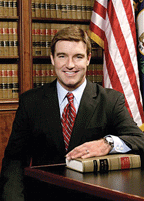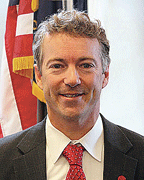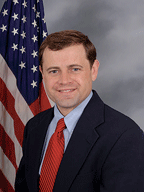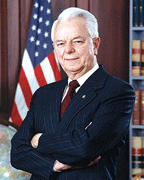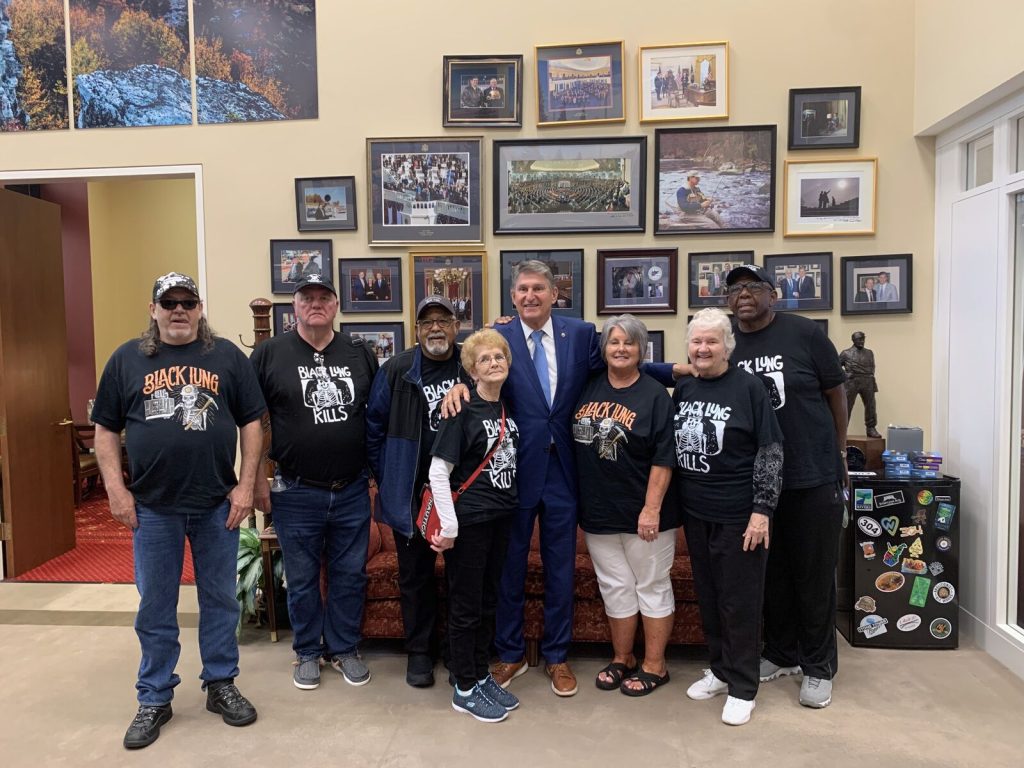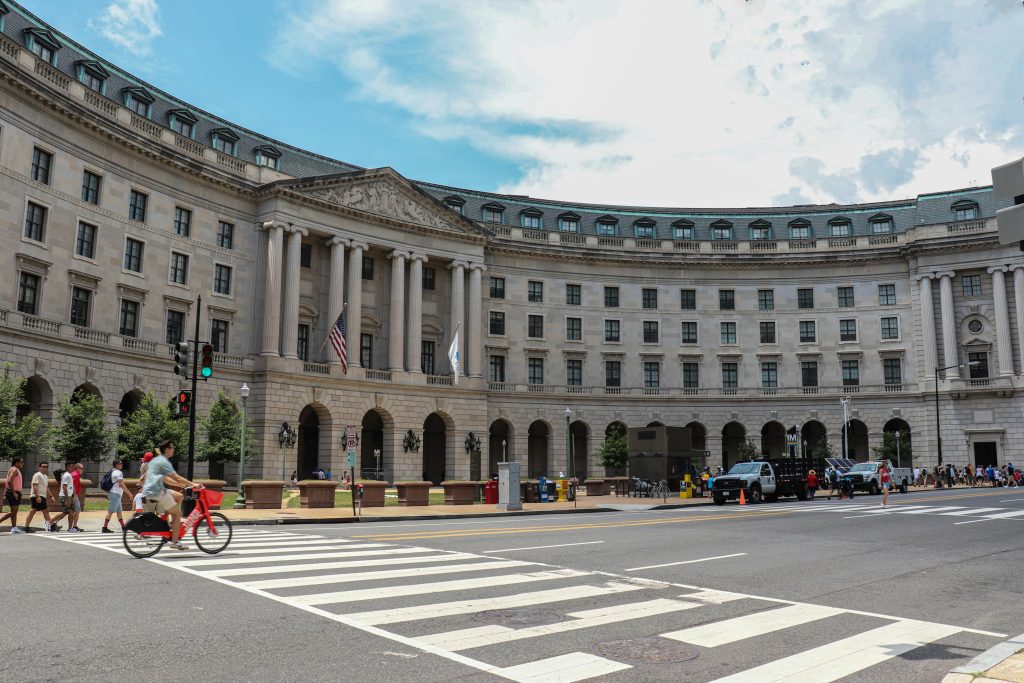A Glance at the Political Landscape of Appalachia
By Derek Speranza
What is in store for the future of Appalachia? With midterm elections approaching in November, it might be more appropriate to ask: who is in store for the future of Appalachia?
Inextricably tied to its deep-seated history of coal, yet looking toward the future of sustainable energy, the Appalachian region is in a time of transition. The Appalachian Voice examines who will be leading the region come November, and what energy options and viewpoints the potential candidates will bring with them.
EDITOR’S NOTE: Candidates for each race are listed in alphabetical order. The Appalachian Voice does not endorse any of the following political candidates or their affiliate political parties.
Kentucky: Jack Conway (D) vs. Rand Paul (R)
The retirement of Kentucky senator Jim Bunning has left open an important U.S. senate seat, and two up-and-coming politicians are squaring off to take the reins.
Jack Conway is a Democrat who has served as Kentucky’s Attorney General since 2008 and previously ran for congress in 2002. In the past, Conway has opposed “cap and trade” legislation that would limit greenhouse gas emissions, citing the potential detriment to the coal industry that he sees as crucial to the Appalachian economy. He does, however, support more environmentally safe mining practices and has shown concern over the practice of mountaintop removal coal mining and valley fills. He does not approve of waivers to regulations that could allow businesses to evade environmental responsibility.
Rand Paul is a Republican who is the son of congressman Ron Paul of Texas, and he is both an ophthalmologist and a politician. Paul has traditionally supported small government and significantly limited regulation of business.
In this vein he supports a free market approach to energy that would allow wind, solar, and geothermal energy industries to freely compete, with potential tax cuts for renewable energy production. However, Paul opposes government subsidies of renewable energy on the grounds that the injection of funding into industry distorts the market and could impede the most efficient development of many energy sources. He is generally supportive of the practice of mountaintop removal coal mining.
Virginia: Robert Hurt (R) vs. Tom Perriello (D)
Republican Robert Hurt is challenging Democratic incumbent Tom Perriello for Virginia’s 5th congressional district, a race that could have an important impact on Appalachia’s energy future. District 5 covers a large area of central Virginia.
Hurt, a lawyer and a politician, has previously served on the Chatham, Va., town council and the Virginia House of Delegates, and he currently serves in the Virginia state senate. During his time as state senator, he took the lead in creating the executive cabinet position of Secretary of Agriculture and Forestry. He is very passionate about stimulating the economy of Virginia through free market practices and limited government involvement. Hurt opposes the cap and trade legislation supported by the Obama administration.
Tom Perriello, a first-term congressional representative, supports leading Virginia in reducing carbon emissions while simultaneously increasing economic productivity. Periello also supports increased production of domestic oil in the short term, but ultimately favors the discontinuation of fossil fuels altogether. He has co-sponsored the American Clean Energy and Security Act / ACES (H.R. 2454) and other renewable energy initiatives, opposes mountaintop removal coal mining, co-sponsored the Clean Water Protection Act (H.R. 1310) and served as lead proponent of the Rural Star Act (H.R. 4785), which provides incentives for energy efficiency investment in rural areas.
West Virginia: The Special Election
The death of the longest-serving congressman in history, Robert Byrd, D–W.Va., led to the appointment of Carte Goodwin as the interim senator in West Virginia. On November 2, a special election will be held to determine a permanent successor for the final two years of Byrd’s term, and Goodwin has said he will not run in this race.
Several candidates are lining up for both primaries. One prominent candidate in the Democratic primary is Joe Manchin, the current governor of West Virginia, who is running as a self-proclaimed “pro-coal” candidate for Byrd’s seat. In addition to coal, Manchin has supported new approaches to biofuels, such as the development of cellulosic fuel as described in the Farm Bill of 2007.
He has also supported renewable sources of energy such as hydroelectric dams and solar energy in West Virginia. Ken Hechler, former West Virginia congressman and Secretary of State from 1984 to 2000 is also running in the Democratic primary, and has been a long-time advocate of ending mountaintop removal coal mining. Rounding out the field is former state legislator Sheirl Fletcher.
The Republican candidate for the seat is John R. Raese, a West Virginia businessman who ran as the Republican candidate in the 1984 and 2006 senate races. Raese supports the development of existing energy industries such as oil and coal and also supports drilling in the Arctic National Wildlife Refuge, but he has also voiced encouragement for the development of energy alternatives, citing pollution concerns.
Related Articles
Latest News

Leave a comment
Your email address will not be published. Required fields are marked *


